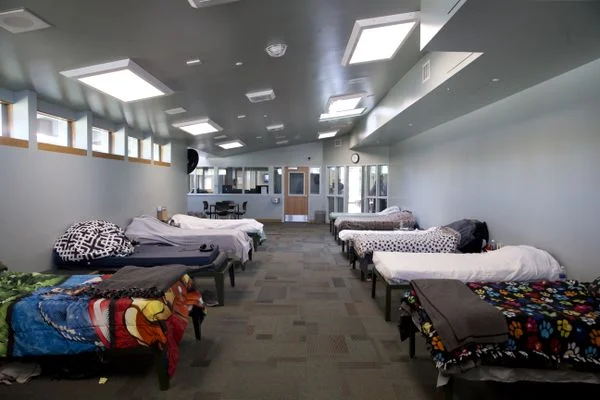“It's not like those young people don't need something. They just don't need a probation officer. They don't need searches and monitors and surveillance. They need adults in the community who care about them to engage them.”
Our Vision
The Michigan Juvenile Detention Association will continue to be a national leader in promoting and sustaining of exemplary juvenile detention, residential treatment, and community based services for youth and their families.
Our Mission
The Michigan Juvenile Detention Association is committed to the highest standard of professional ethics, overall excellence in the care and custody of youth, and the provision of services to their families.




















